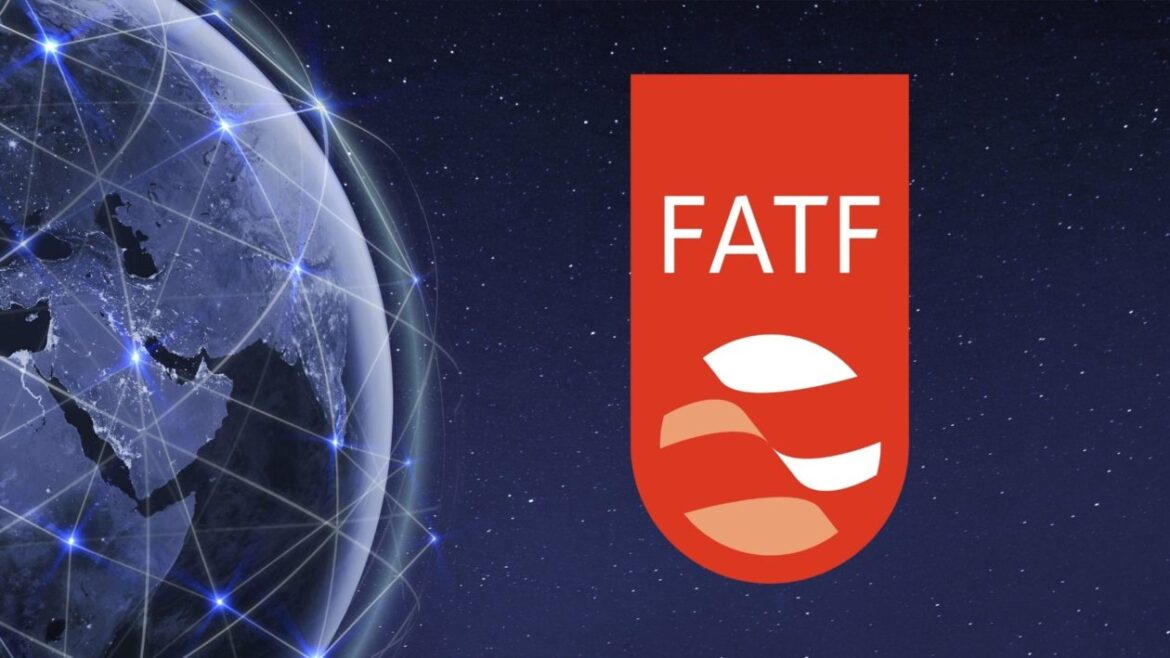 This week, the FATF issued new guidance for digital currencies as cryptocurrencies in general rise in popularity at a high rate.
This week, the FATF issued new guidance for digital currencies as cryptocurrencies in general rise in popularity at a high rate.
According to their website, “The Financial Action Task Force (FATF) is an independent inter-governmental body that develops and promotes policies to protect the global financial system against money laundering, terrorist financing and the financing of proliferation of weapons of mass destruction. The FATF Recommendations are recognised as the global anti-money laundering (AML) and counter-terrorist financing (CFT) standard.”
There were a number of new initiatives announced in their release, including signals that regulation is coming for crypto firms, regardless of whether they are considered centralized or decentralized. While many retail traders would likely have FATF not do anything, others have actually requested help from the FATF, namely governments and financial institutions.
In their guidance, FATF policy analyst Ken Menz said, “We recognize that there are a number of areas where both countries and the private sector have wanted more guidance from the FATF level about how they can implement this in practice. I think this really shows just how fast the virtual asset ecosystem changes, and how quickly new technologies, new businesses, new models appear. I think it is a challenge for anyone to just keep on top of everything new that happens in this industry.”
Though the FATF didn’t directly put into effect any rules that exchanges will need to adhere to, their guidance has strong sway throughout financial institutions all over the world and could most certainly have a large impact later in time.



